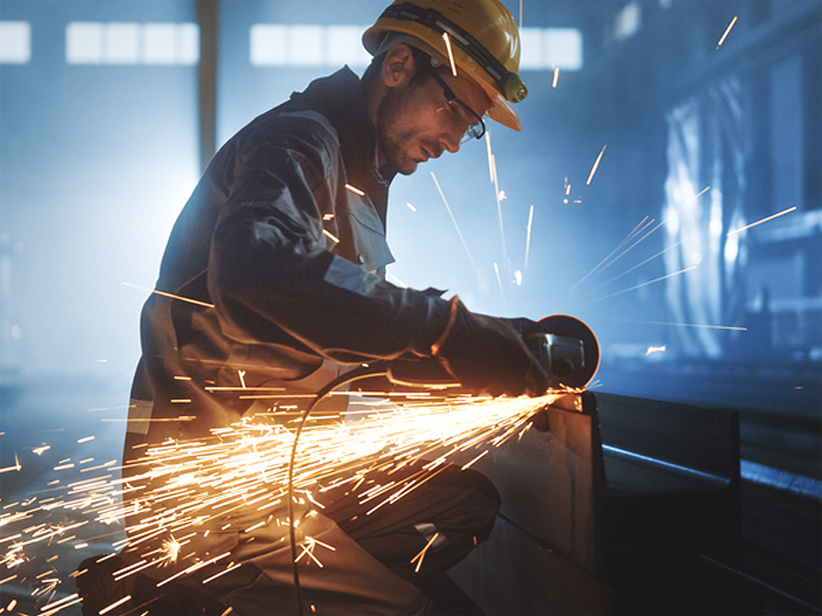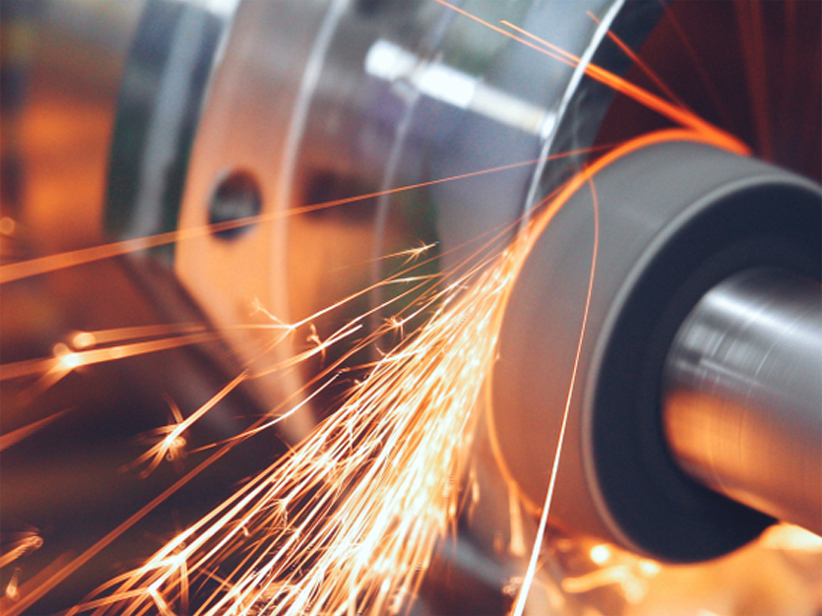Stainless Steel - Grade 309VSi / 1.4828
Description
Stainless Steel Grade 309VSi/1.4828 is a high-temperature chromium-nickel austenitic stainless steel known for its excellent oxidation resistance at elevated temperatures. It can withstand temperatures up to 1900°F (1038°C) in dry air and exhibits good resistance to sulfidation. However, it has limited resistance to carburization and is not suitable for highly carburizing environments. The alloy is non-magnetic in both annealed and cold-worked states and offers corrosion resistance comparable to Type 304/304L stainless steels.
Chemical Composition
The chemical composition of 309VSi typically includes:
| Element | Composition (%) |
|---|---|
| Carbon (C) | 0.20 max |
| Silicon (Si) | 1.00 max |
| Manganese (Mn) | 2.00 max |
| Phosphorus (P) | 0.045 max |
| Sulfur (S) | 0.030 max |
| Chromium (Cr) | 22.0 - 24.0 |
| Nickel (Ni) | 12.0 - 15.0 |
| Iron (Fe) | Balance |
Mechanical Properties
At room temperature, the mechanical properties of 309VSi are as follows:
| Property | Value |
|---|---|
| Tensile Strength (MPa) | 560 (minimum) |
| Proof Stress (0.2% Offset) (MPa) | 285 (minimum) |
| Elongation (% in 50mm) | 40% |
| Hardness (Brinell) | 40 |
At elevated temperatures, the tensile stress values are:
| Temperature (°C) | Tensile Stress (MPa) |
|---|---|
| 550 | 440 |
| 650 | 360 |
| 750 | 240 |
| 850 | 150 |
| 950 | 70 |
| 1050 | 30 |
Thermal & Physical Properties
Other Designations
Fabrication and Heat Treatment
Applications
309VSi is primarily used in applications requiring high-temperature oxidation resistance, such as:
Supplied Forms
309VSi is available in various forms, including:
Features
This datasheet provides a comprehensive overview of the 309VSi/1.4828 stainless steel grade, highlighting its properties, applications, and fabrication methods.






